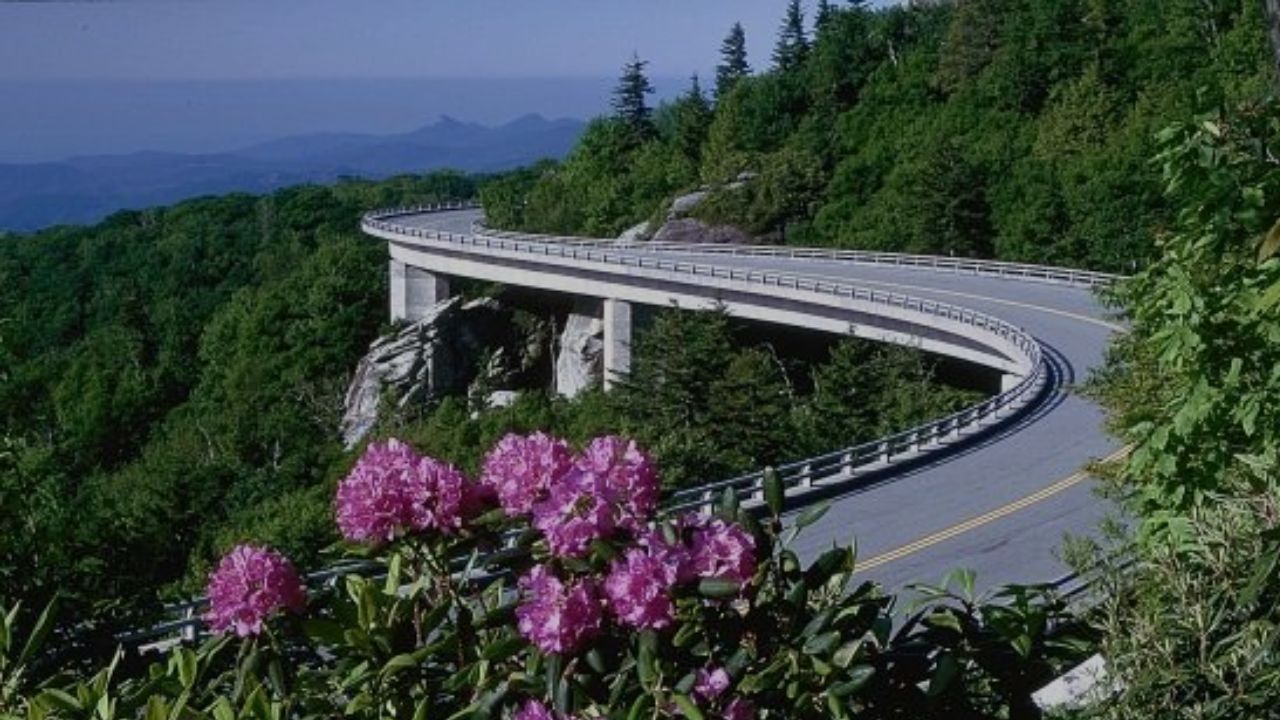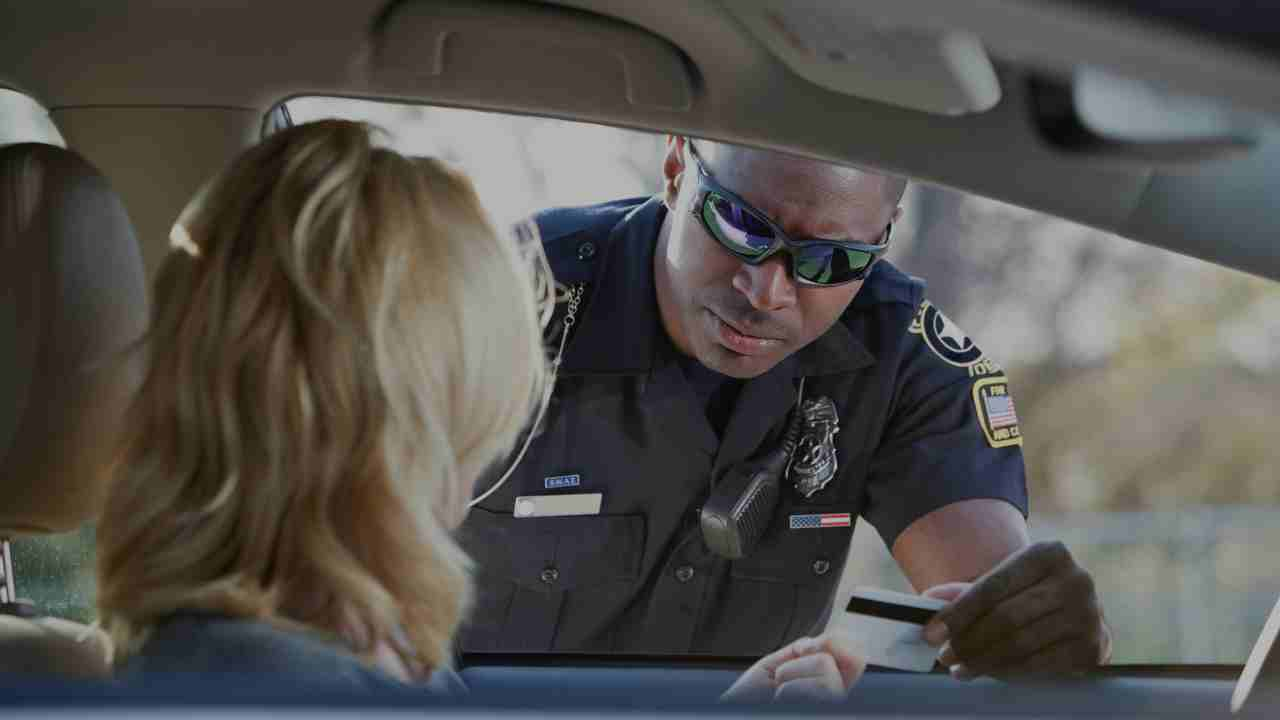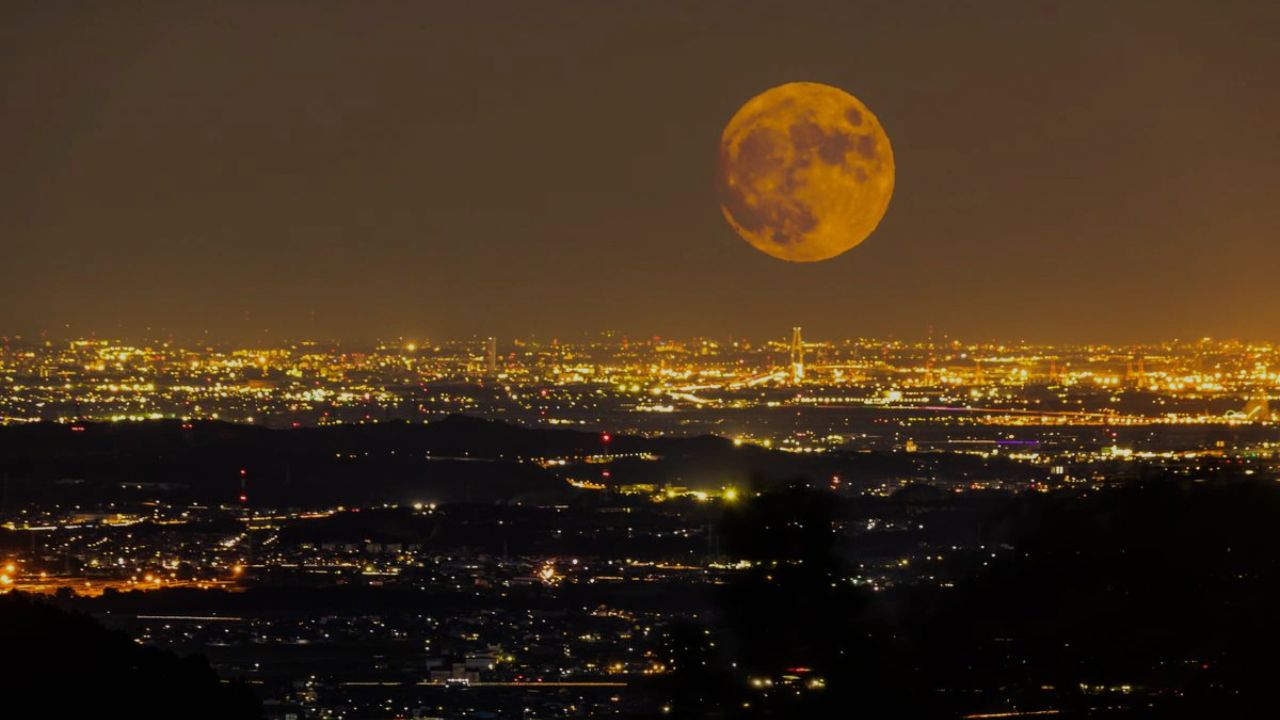Richmond, VA – Virginia’s world-famous Blue Ridge Parkway—often celebrated for its breathtaking beauty—has earned a more ominous recognition: a spot among America’s most dangerous tourist attractions.
Though the 469-mile route draws millions of visitors each year with promises of scenic views and tranquil getaways, it also harbors real risks that have led to serious accidents and fatalities.
The Allure of the Blue Ridge Parkway
Winding through Virginia and into North Carolina, the Blue Ridge Parkway is a crown jewel of Appalachian travel. Tourists flock here to experience:
- Sweeping mountain vistas
- Stunning fall foliage
- Historic landmarks
- Serene hiking and biking trails
But behind the peaceful setting lies a history of vehicular mishaps, hiking accidents, and unpredictable weather, making it a destination that demands respect as much as admiration.
Why Is It So Dangerous?
1. Treacherous Driving Conditions
The parkway is notorious for its narrow lanes, sharp curves, and steep drop-offs. Inexperienced drivers or those captivated by the views may underestimate the dangers of winding roads that offer little room for error.
- Fog and Ice: Weather changes rapidly in the mountains. Sudden fog, rain, or ice can drastically reduce visibility and traction.
- Wildlife: Deer and other animals frequently cross the roadway, particularly at dawn and dusk, increasing the risk of collisions.
- Limited Guardrails: Many areas lack protective barriers, leaving little margin for mistakes.
2. High Rate of Motor Vehicle Accidents
According to National Park Service data, the Blue Ridge Parkway sees hundreds of vehicle incidents annually. Motorcyclists, in particular, are at heightened risk due to elevation changes and sharp turns.
“The curves on this road are unforgiving, especially for those unfamiliar with mountain driving,” said a park ranger stationed near the Virginia-North Carolina border.
3. Outdoor Hazards for Hikers and Cyclists
Off the road, the danger doesn’t disappear.
- Steep cliffs along hiking trails are often unguarded.
- Sudden weather shifts can leave unprepared hikers stranded.
- Remote trailheads mean medical assistance is often far away.
There have been documented cases of fatal falls, lost hikers, and even hypothermia in colder months.
Notable Incidents
The wrangler stated that over the years, reports have detailed tragic events on the parkway—car crashes, motorcycle wrecks, and falls from overlooks. In one case, a solo hiker fell to their death near Raven’s Roost Overlook after venturing too close to the edge for a photograph.
Read Also: This Oklahoma Site Ranked Among Most Dangerous Tourist Attractions in U.S.
Tips for a Safe Visit
Despite its risks, the parkway remains a must-see destination—with proper preparation:
- Drive with caution: Follow posted speed limits and be mindful of blind curves.
- Check weather forecasts: Mountain weather changes fast.
- Stick to marked trails: Avoid venturing too close to cliffs or wandering off.
- Stay connected: Inform someone of your travel plans, especially if hiking.
A Place of Beauty—And Responsibility
The Blue Ridge Parkway is a national treasure, offering unmatched views and outdoor opportunities. But with that beauty comes real responsibility. For those who venture here, respecting the terrain and taking proper precautions can turn a potentially dangerous trip into a safe, unforgettable experience.
Have you driven the Blue Ridge Parkway or hiked one of its trails? Share your experience in the comments, and stay updated on America’s most breathtaking (and risky) destinations at newyorkdailygazette.com.








